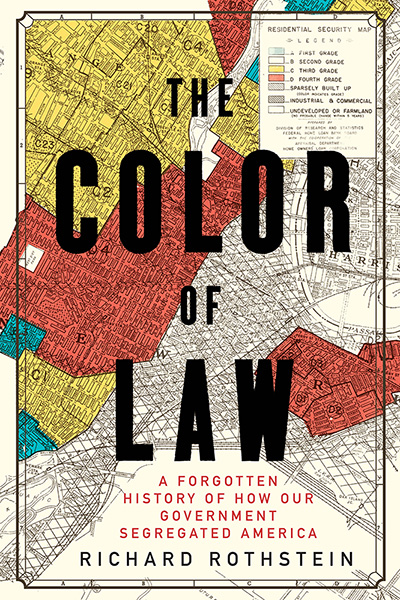Looking for information on MAPC’s official meetings and legal notices? Find it here.

Don’t miss this first event in MAPC’s MetroCommon Speaker Series! Join us for an invigorating lecture and discussion with the nationally-renowned Richard Rothstein, author of The Color of Law, about how government-imposed segregation laid the groundwork for today’s racial divisions in cities and suburbs, alike.
The Metropolitan Area Planning Council’s (MAPC) Clean Energy Department is hosting its final webinar for its Equity in Clean Energy webinar series. This event will focus on equitable access to clean energy technologies, specifically models for EV (electric vehicle) equity.
Join us to learn about a local equity-focused EV Carsharing model, EV charging infrastructure at multi-unit dwellings, and to hear about the MAPC Transportation Department’s work in this area.
There will then be an opportunity for Q&A.
Register here: https://us06web.zoom.us/meeting/register/tZMpduCtrT0iHdNkvPrPTrrA5iwB6kwdbEUT#/registration
Part of the “Rooted in Nature: Indigenous Knowledge and Climate Resiliency” online speaker series, this presentation will delve into the intricate connection between traditional ecological knowledge and the Wampanoag perspective. Guest speakers: Linda Coombs and Bret Stearns
It will trace the evolution and expression of their worldview up until the time of initial contact. The discussion will cover how the Wampanoag people managed to preserve certain traditions despite colonization’s challenges. Moreover, it will emphasize the critical contemporary implications of these dynamics, particularly underscoring the pivotal role of the Wampanoag perspective in strengthening climate resiliency efforts in the present day.
